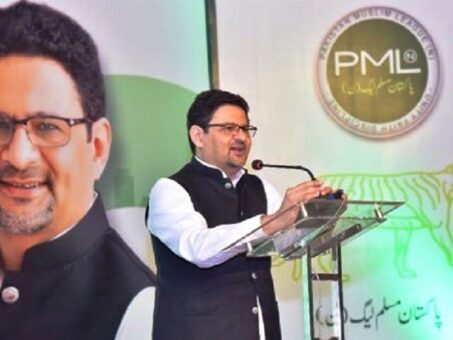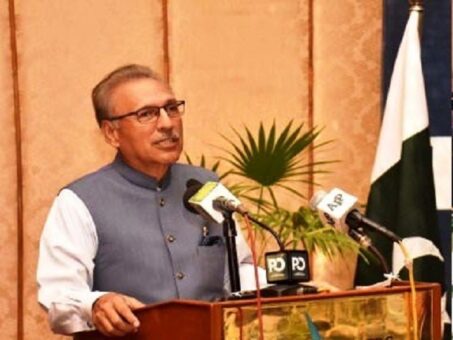ISLAMABAD: International Rescue Committee (IRC) on Wednesday launched a relief operation in Balochistan were the torrential rains have ruined the normal life in the province. Due to flash floods and rain, many people have been killed and around 150,000 population are in the need of humanitarian assistance.
An emergency has been declared in the provincial metropolitan city followed by relief operations at all levels.
The assistant commissioner said that the wards and emergency room of Muslim Bagh Civil Hospital were flooded, while rain in the hilly areas of Muslim Bagh damaged more than 100 houses. Most of the access roads to remote areas of Qila Saifullah, Zhob, and Harnai have been affected, hampering rescue operations in several areas.
READ MORE: Slashing petroleum prices summary to be sent: Miftah
A Pishin administration official said hundreds of mud-houses were washed away or badly damaged in Malikyar, Don Khanozai and Sheikhmalzai areas of Pishin as floodwater coming from hilly areas of Burshor lashed the area.
Given the rapidly deteriorating situation, the IRC has initiated response activities in Pishin and Quetta districts. With the financial aid of German Federal Foreign Office, the IRC’s internal funds and support of its on-ground partner, the People’s Primary Healthcare Initiative (PPHI), the IRC has launched a rapid emergency response within 24 hours of the declaration of emergency, which is being implemented in close coordination with the Provincial Disaster Management Authority, Balochsitan.
CEO of PPHI, Esfandyar Baloch said, “We have so far set up three free medical camps in the flood-affected areas. More than 500 Afghan refugees and host communities have so far availed the services.”
He further said that under this rapid response, more than 350 food packages and over 250 dignity kits are being distributed among the affected population.
READ MORE: Gas price hike report baseless: Musadiq Malik
Muhammad Shareef, IRCs Head of Office, Balochistan, said, “The needs of the target beneficiaries will inevitably be affected by inflation and poverty. The opportunity cost of food items will, in all likability be the healthcare. We understand this dilemma and our efforts are geared towards providing maximum possible relief to those most in need.”
Shabnam Baloch, IRCs Country Director said, “To minimize the adversity caused by natural disasters, the relevant actors need to plan beyond the immediate response and work closely with geologists, environmentalists, and researchers to examine, assess, and review potential future climate risks to timely alert the decision-makers.”
She also added that it is equally important to understand that natural calamities further aggravate the vulnerability of women and girls and so, any response or management efforts must be designed keeping their unique protection issues in mind.
READ MORE: Limited resources affected from overpopulation
The IRC has also responded to similar emergencies in the past by providing a humanitarian response in terms of food items, non-food items, and basic healthcare camps. The organization is currently also coordinating with the district and provincial disaster management authorities to keep them abreast with the situation and provide relief updates from the target districts.








